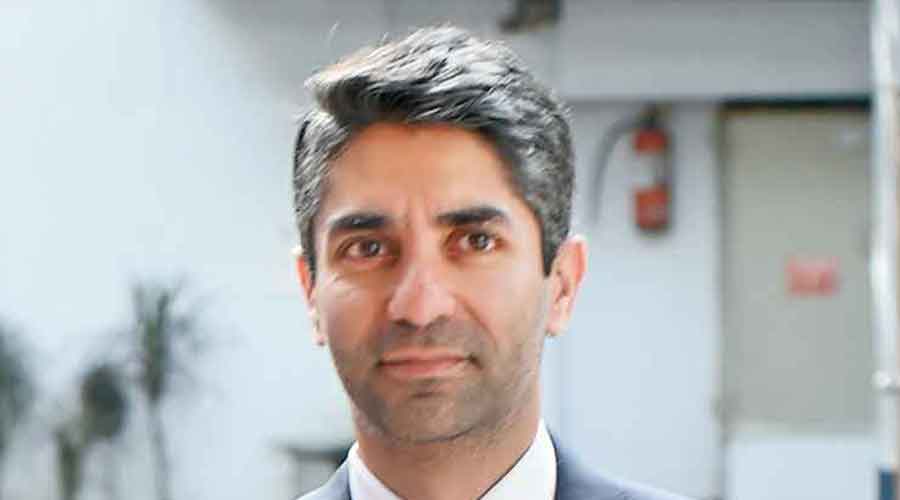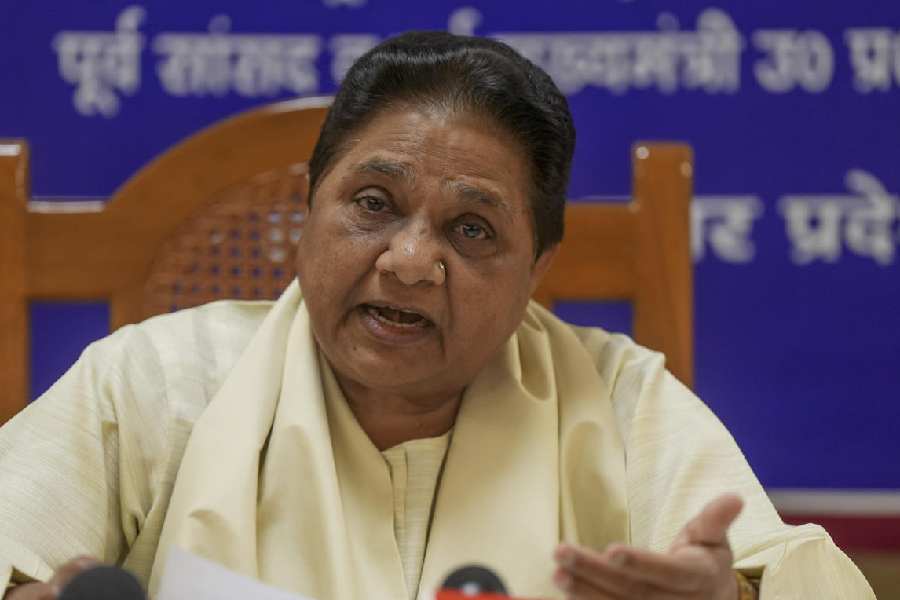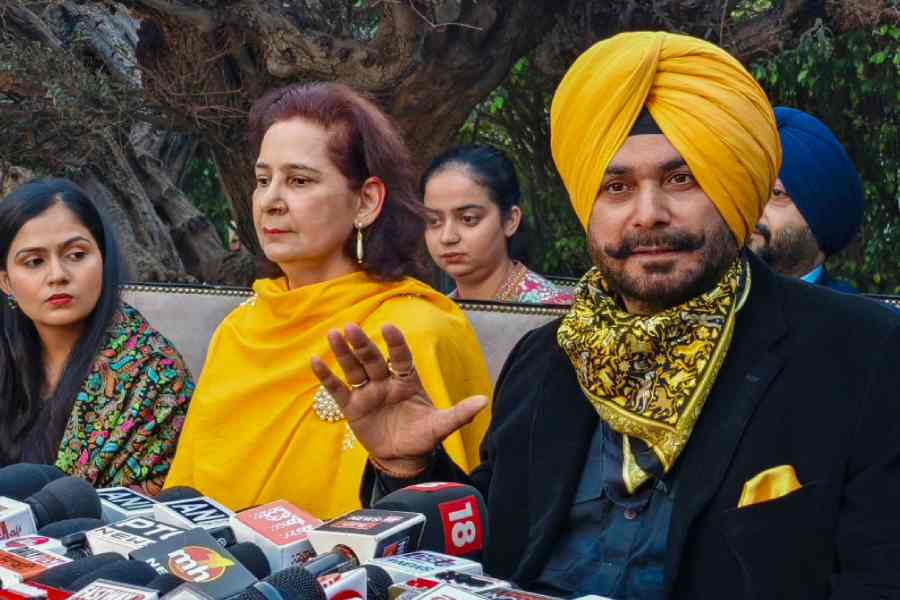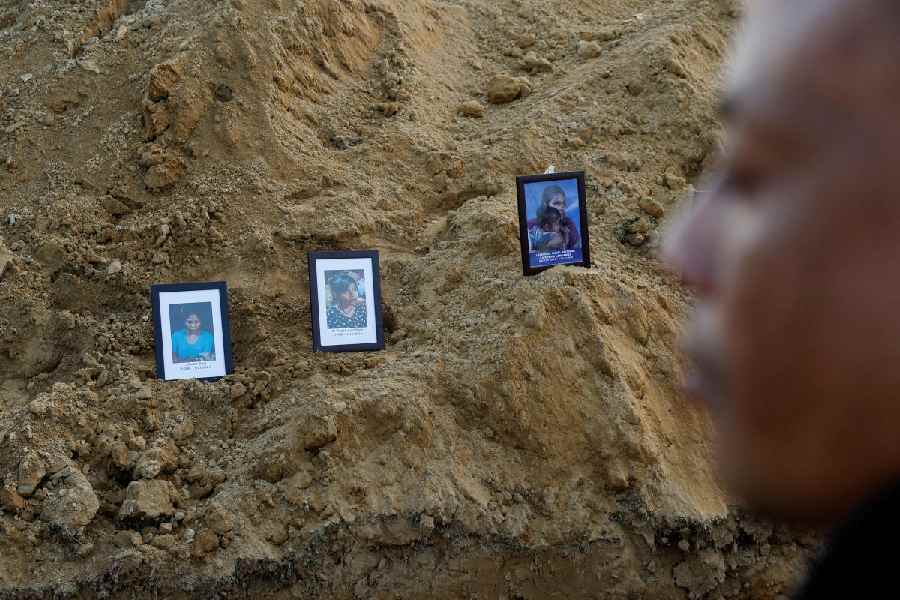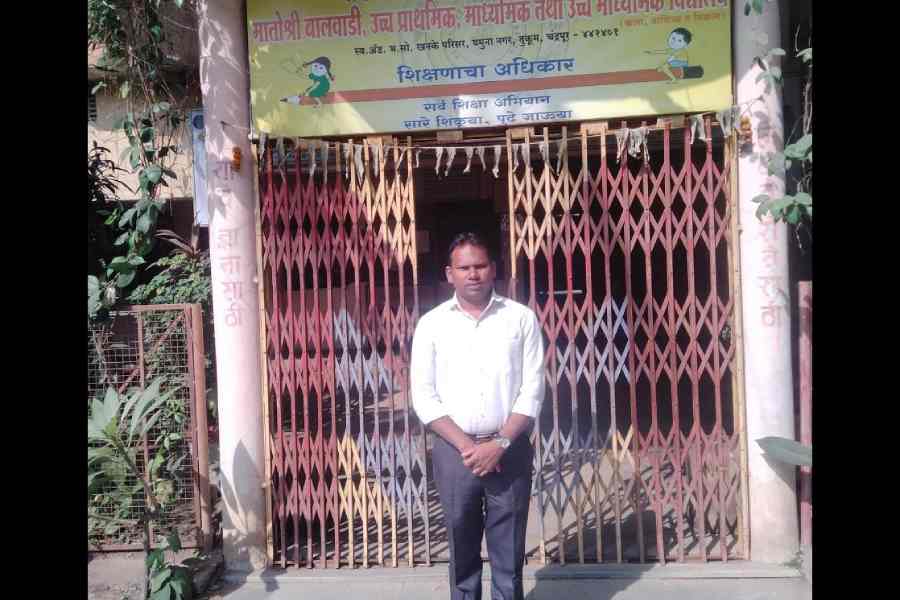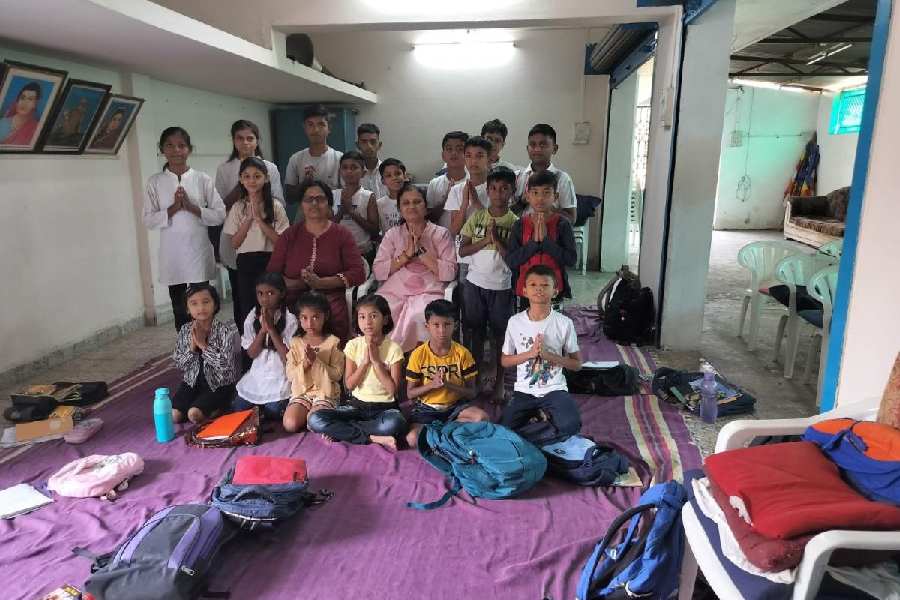Beijing. August 11, 2008. As Abhinav Bindra fixed his gaze on the final target that overcast morning, the hopes of a nation seemed compressed into one single moment.
Seconds later, history had been created and India had won its first-ever individual Olympic gold. But there was the champion: unflappable, unaffected. Just a hint of a smile to go with his 10m air rifle gold.
Twelve years down the line, Bindra still remains the sole holder of an individual Olympic gold for the country. In a conversation with The Telegraph, Bindra talks about his memories of that Beijing day and all that has happened since.
Excerpts
The Telegraph: Tuesday is the 12th anniversary of your history-creating feat in Beijing. How do you look back on that day?
Abhinav Bindra: To be honest, I don’t spend much time looking back or introspecting. Sport, which has been my biggest teacher in life, has taught me to stay in the moment and that is the way I live my life. Of course, I am incredibly proud of what I was able to achieve and there are fantastic memories. And when I do look back, I don’t only look at the medals on my wall, but also the relationships I have built with the people who helped me achieve my goals and realise my dreams.
You were a picture of composure after your victory. There was hardly any display of emotion…
That morning I was completely detached from the outcome and was focussed on the process, in the actual execution of my skills. I was immersed in the moment. For me, the journey was more important than the eventual outcome.
Has sport changed the philosophy of your life?
Twenty-two years of my life I have been involved in high-level sport, which has had a tremendous role in shaping the person that I am. Sport has taught me honesty to my task and to myself. I was an athlete who initially struggled with self-belief. After a while, I gave up chasing self-doubt and started chasing self-respect, which I had acquired well before that day in Beijing. Sport has taught me to do the best every single day and to enjoy the journey.
Standing where you are right now, what more do you want to achieve in life?
I am a normal, regular person occupied in various activities. I have a business to run which I obviously want to make a success. Then there is my (Abhinav Bindra) Foundation, which is working on various projects. Thirdly, I am a member of the Athletes’ Commission of the International Olympic Committee and we are working on various areas of athletes’ interest. For example, I have been very involved with a project related to athletes’ mental health. See, I am not an outcome-driven person but an impact-driven one — I would like to do all that I can to affect the lives of people positively.
Nowadays we read of several sportspersons struggling with mental health issues. How do you think this should be dealt with?
The biggest mistake a sportsperson does is equate a gold medal or a victory with happiness. And that is a recipe for disaster because your goal and your happiness are entirely unrelated. Athletes must try and lead a balanced life, develop harmony with their own self.
A few words on your Make a Mark project…
This initiative, which is about helping refugee athletes transform their lives through sport, is something I am very proud of. My friend (3-time Olympic gold medallist shooter) Niccolo Campriani and I decided to give something back to the society using the power of sport and we have taken up the cause of the refugees. Our project is based out of Lausanne. We have identified three refugees and are helping them to qualify for Tokyo.
What do you think are India’s prospects in Tokyo?
India has a very young and talented team and going into the Games, they are favourites in many events. We have all the potential in the world to win multiple medals. Now it is a matter of getting the job done, overcoming the challenges of the current situation.
Do you think a country like India can afford to spend money on sports?
Many believe playing a sport is a matter of privilege. But what I do look at is ours is a young country in that 50 per cent of our population is below the age of 30. We need to use the power of sport for nation-building. Sport teaches us how to win, and, more importantly, it teaches us how to lose. Sport teaches us integrity, the need to work hard and follow rules. We need to imbibe sport in our culture and get more and more young people to play sport. That will be a great investment in our youth.
A word of advice for upcoming shooters…
Not only for shooters, but this goes for all athletes… the shortest way to success is hard work. Every single day you have to wake up with good energy and determination to be the best version of yourself. You need hard work, perseverance, persistence. Talent, to me, is just an opinion. The value of talent will only be evident when you prove your mettle on the field of play on a given day.

